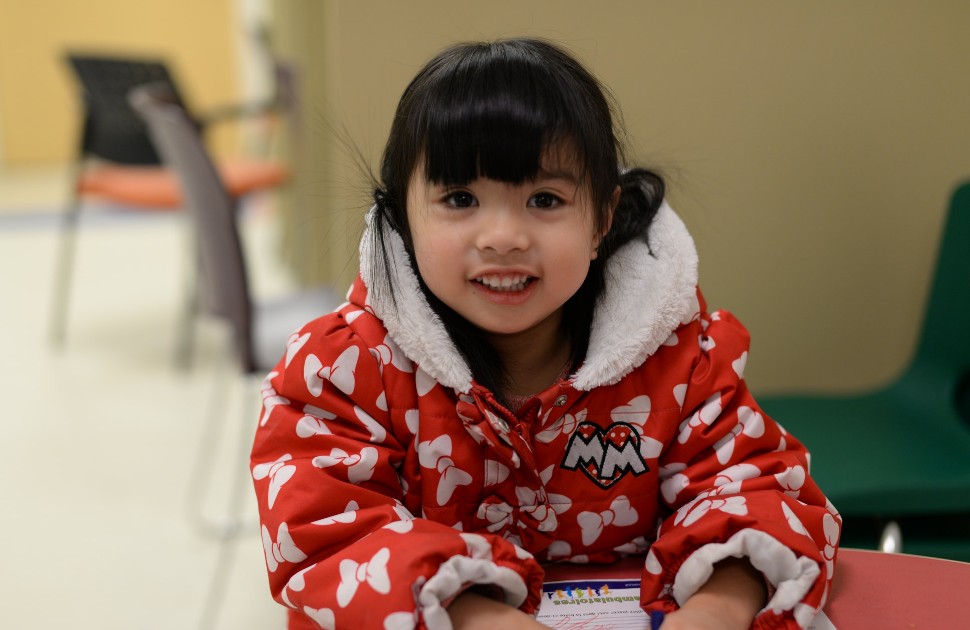The Chronic Pain Service at CHEO is for children and youth who are living with chronic pain and who want to engage a family-centered approach to pain management. Please note that we are not a diagnostic clinic. If you are still searching for medical causes of your pain, you may not be ready to engage in our program.
Program goals
- Help families understand how to manage chronic pain.
- Provide patients and families with the tools needed to take control over the pain and cope with it effectively.
- Support patients and families in their return to normal functioning and age-appropriate activities (school, sports, social activities, jobs, chores).
The Chronic Pain team
Our interdisciplinary team is composed of a group of experienced healthcare professionals who are ready to support your family's care while engaged with the Chronic Pain Service.
Our team includes:
- physicians (anesthesiologist)
- clinical coordinator
- pharmacist
- physiotherapists
- psychologists
- nurse practitioner
- psychiatrist
- occupational therapists
- social worker
- administrative assistant
For patients and families
Information for patients and families of chronic pain patients.
What is chronic pain? |
| Pain is normal. It is processed in the brain, and it protects you and alerts your brain that tissues are under threat. However, there are two types of pain. Chronic pain:
|
Acute pain |
|
For health-care professionals
The following information is for health care professionals looking to refer patients for chronic pain services.
Referral Process |
| Patients will be triaged based upon the information obtained in the request for consultation. It is imperative that we have an overview of current and past therapies including medications, copies of investigations and imaging and a functional assessment (including school attendance and impact upon ADL and family). Use the pain clinic referral form to make referral. |
Inclusion criteria |
|
Exclusion criteria |
|
Referrals must come from a physician or nurse practitioner. The more information we have, the better able we are to triage your patients. Patients will be triaged based upon the information we received and will be categorized as urgent, semi-urgent and elective.
For more questions please contact our Chronic Pain Nurse at 613-737 7600 ext. 3559.
Contact, location and address
For information about our Chronic Pain Service, please contact our administrative assistant at 613-737-7600 ext. 3792.
The Chronic Pain Clinic is located on the main floor (first floor) 395 Smyth (Children's Treatment Center), past the cafeteria.
Address:
CHEO, Children's Treatment Centre
395 Smyth Road
Ottawa ON K1H 8L1
 Need more information?
Need more information?
Visit our online resource section to learn about a variety of health topics for children and youth and access CHEO recommended websites, books, apps, videos and more!
Resources and support





